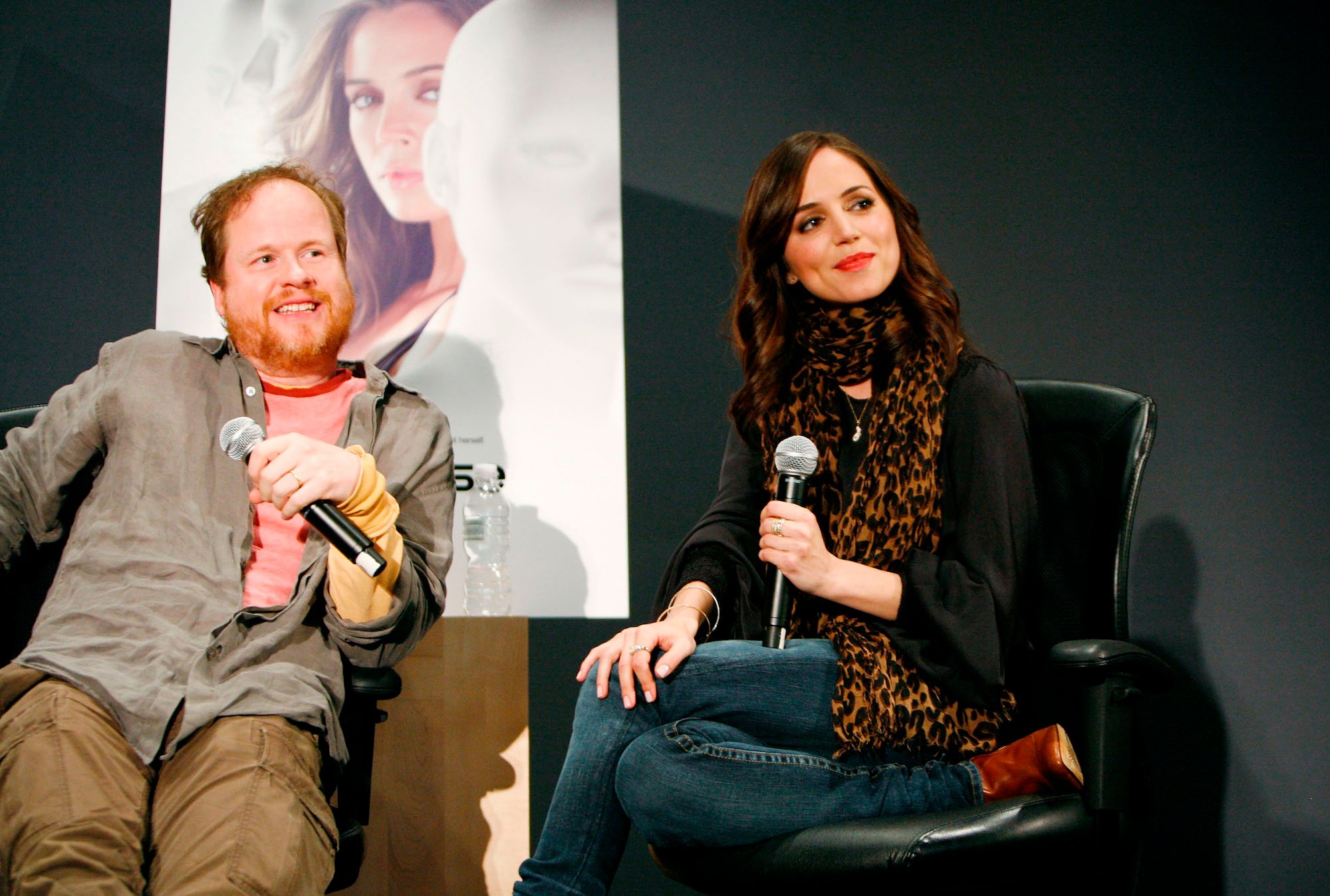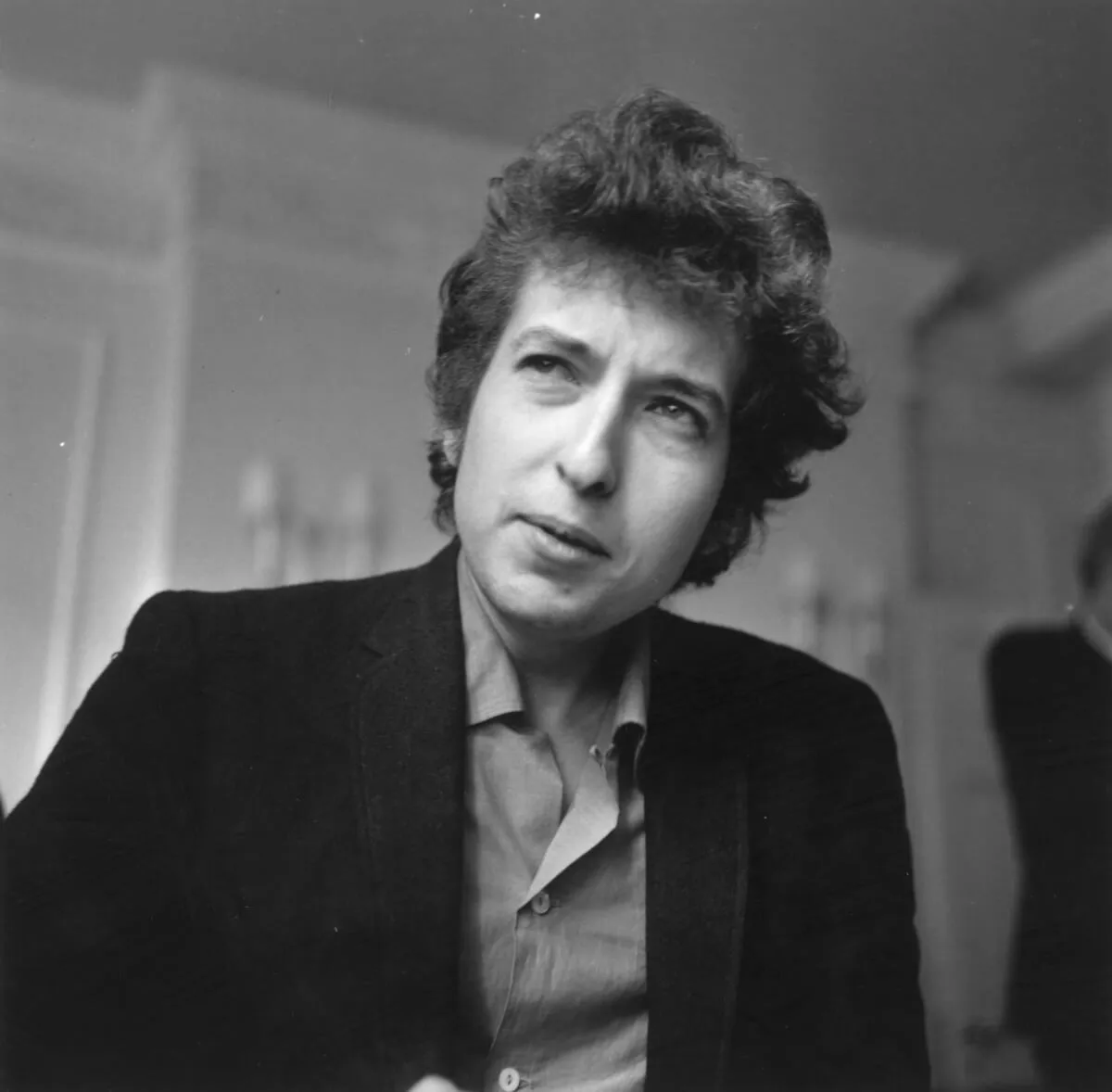‘Dollhouse’ Was Supposed to Be Much Darker
Recent stories about Joss Whedon’s behavior on the sets of his films and TV series have made him a Hollywood Pariah. However, in 2009, Whedon was still a beloved figure thanks to the success of Buffy the Vampire Slayer and the short-lived cult classic Firefly.

However, Whedon delivered a rare misstep with Dollhouse, a dark series about human dolls which failed to capture even Whedon’s captive audience.
What was ‘Dollhouse’?
Dollhouse was supposed to be Whedon’s next big network series. However, it ended up being a stinker that could have sunk him had Marvel not called and extended his career by many years. IMDb notes how Dollhouse was a high-context techno-thriller about women forced against their will to become sexual dolls for intrigued consumers.
The concept didn’t land. Many didn’t see the network landscape of the time supporting such a mature subject. This included the executives at Fox. While Whedon often claims to write his stories for women, the darkness of this concept was a little much for the network that aired it. This caused a rift that eventually caused Whedon to swear off network television right at the height and downfall of his career.
‘Dollhouse’ goes too dark
Fox thought that Dollhouse was too dark. Eliza Dushku’s character was, essentially, a sex slave. However, many saw the show’s portrayal of these dolls to be problematic unto itself. Fox was among these people, and ScreenRant notes that they asked Whedon, who had not yet entered the MCU, to make things lighter. This, according to Whedon, was the series biggest fault.
According to Whedon, the series never took off because Fox never let him go all the way. While The Mary Sue noted all of how the series did not age well and, in fact, gave glimpses of the man who is now infamous for his treatment of women, Whedon saw it as network politics at the time. He spoke about this with SyFy, noting that the network heads ultimately castrated his plan for years of entertainment:
“The problems that the show encountered weren’t standalone versus mythology [episodes]. … Basically, the show didn’t really get off the ground because the network pretty much wanted to back away from the concept five minutes after they bought it. And then ultimately, the show itself is also kind of odd and difficult to market. I actually think they did a good job, but it’s just not a slam-dunk concept.”
A tale of two versions
Fox wanted Dollhouse to be a thriller, in tune with the 24 network’s brand. Whedon, on the other hand, saw it as a technological thriller. By the second season, which Whedon was surprised by and presumed to be the last, he had to cram as much into a single arc as possible. He told SyFy:
“We got the espionage that the network wants, but it’s the questions about identity that we want … I didn’t really realize it until the second season—[there were] things that we were ultimately sort of dancing around. … We always found ourselves sort of moving away from what had been part of the original spark of the show, and that ultimately just makes it really hard to write these stories.”
There’s probably a little truth to Whedon’s version of the story, but the entire Dollhouse saga might give insight into Whedon’s eventual downfall. Try as he may blame others, the problematic nature of the project may be more to blame than his unseen vision. Still, his place in Hollywood is undeniable, and Dollhouse might show a glimpse at why he fell out of its good graces.


